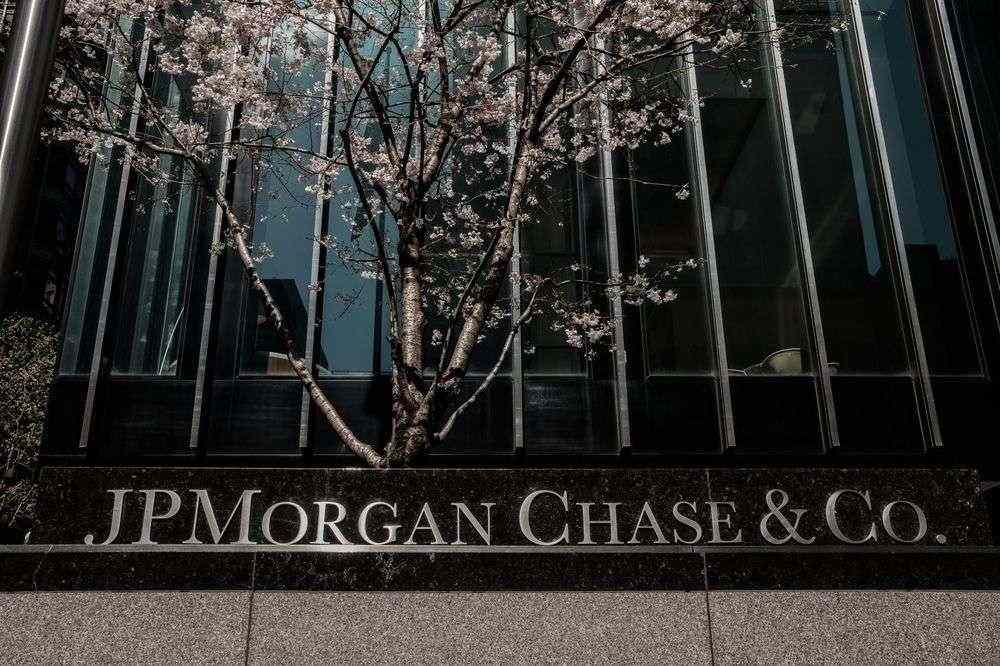JPMorgan warns emerging market debt trading to increase in 2020

More developing countries will be hit by debt woes next year, cutting returns for the JPMorgan index of dollar sovereign bonds, according to the bank’s head of emerging markets research.
Countries affected by debt crises in 2019 include Lebanon, Argentina, and Venezuela. However, their relatively small part in global bond indexes has meant little contagion to other countries. This means that JPMorgan’s returns on their Emerging Market Bond Index Global year are still in double digits.
Despite this, returns could become flat in 2020 due to the possibility of more countries tumbling into debt woes, said JPMorgan’s head of currencies, commodities, and emerging markets research Luis Oganes.
“We’re monitoring the situation in other countries with other countries potentially having to do some debt treatment in 2020. Still small ones, so we may not see this generating much contagion to speak of but the list is becoming larger,” Oganes said.
“We’re not yet thinking this is big enough to generate contagion for the asset class as a whole.”
In July, JPMorgan began cutting PDVSA’s bonds to ‘zero weight’ in its EMBI Global, EMBI Global Diversified, and EMBI+ indices. PDVSA is Venezuela’s sovereign and state oil firm.
Trading in debt stopped when Washington imposed sanctions on Venezuela to force President Nicolas Maduro and allies from power.
More emerging market trading debt woes could store up risks when the global monetary cycle turns—something that isn’t expected to take place in 2020.
“At some point this might come back to bite the asset class more. We don’t think the high debt levels are going to be at the center of the EM narrative in 2020 just yet,” he said.
Oganes stated that JPMorgan expected the US Federal Reserve to make another interest rate cut in Q2 of 2020, while rates remain relatively low elsewhere.
The search for yield, which has driven investors to resort to riskier assets, as well as emerging market debt, would continue, he added.
“The appetite for EM will remain, (and) limit the contagion we get from these countries in distressed situations to the asset class,” he said.

